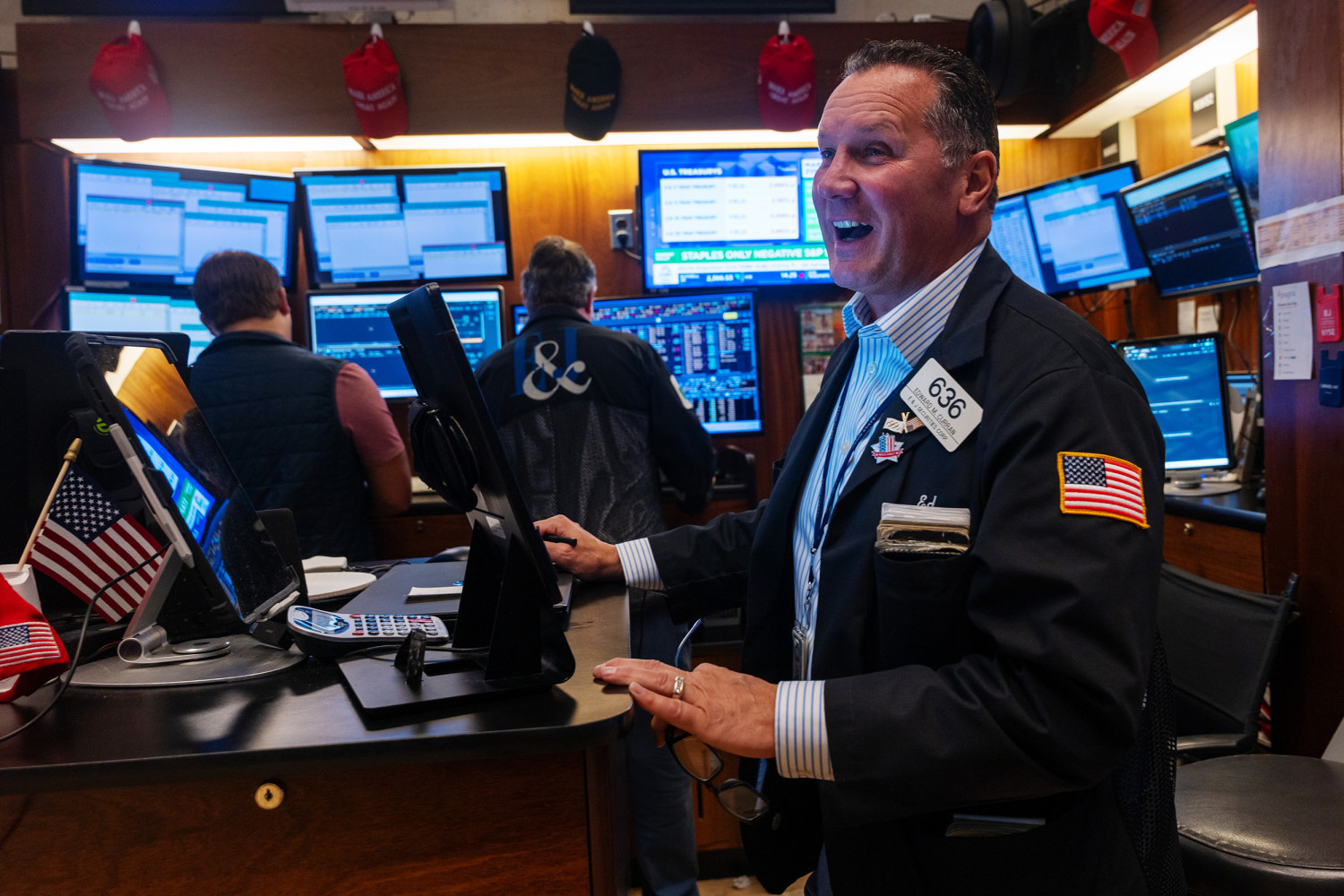The independence of central banks has long been considered a cornerstone of economic stability, providing a safeguard against political interference in monetary policy. Recently, European Central Bank President Christine Lagarde underscored this principle with a clear warning: any erosion of the Federal Reserve’s autonomy would create significant risks for financial markets, economic growth, and public trust in institutions. Her statement reflects a growing concern among economists that central bank independence, once taken for granted, is facing unprecedented pressures in a rapidly changing global landscape.
Lagarde’s comments are delivered as central banks globally manage a complex balancing task. Following an extended period of minimal interest rates, quantitative easing, and exceptional actions to support economies amid the pandemic, monetary policymakers are now tasked with curbing inflation without inducing a significant downturn. The Federal Reserve, especially, has played a pivotal role in this endeavor, increasing rates to manage price increases while closely observing possible effects on job markets and economic stability.
In this scenario, political figures are more outspoken about decisions regarding monetary policy. Some suggest that interest rates are overly elevated, causing undue pressure on families and companies. On the other hand, certain individuals maintain that easing policy too soon could trigger inflationary pressures again. Lagarde’s caution highlights the risk of permitting these discussions to influence the actions of the central bank, stressing that monetary policy should be determined by data and long-term goals instead of immediate political advantages.
History provides many instances of the outcomes when monetary policy is influenced by political forces. If governments push central banks to maintain artificially low interest rates, it tends to lead to uncontrolled inflation, currency weakening, and a loss of investor trust. On the other hand, excessively tight policies based on political motives can hinder growth and worsen economic recessions. Lagarde’s remarks serve as a reminder to decision-makers that the trustworthiness of entities like the Federal Reserve relies on their capacity to function independently from political biases.
The Federal Reserve’s independence is not merely a legal formality but a key factor in maintaining global financial stability. Investors and markets rely on predictable, evidence-based decisions from central banks. Any perception that those decisions are influenced by political cycles could undermine confidence in the U.S. economy, destabilize currency markets, and create ripple effects across international trade and investment flows. Lagarde’s remarks, therefore, highlight an issue that extends beyond American borders, touching on the interconnected nature of the global economy.
Although the independence of central banks is considered crucial, it still faces examination and criticism. Political leaders frequently express dissatisfaction when policy choices clash with their fiscal goals or campaign assurances. In the past few years, the emergence of populist movements has strengthened demands for increased political influence over economic controls, such as monetary policy. These demands grow stronger in times of economic difficulty, when the public desires swift solutions to increasing expenses or unemployment, and politicians search for methods to provide rapid outcomes.
Lagarde’s view is consistent with an enduring agreement among economists: political meddling in the short term usually leads to long-term instability. The impacts of monetary policy unfold over time, indicating that today’s decisions affect inflation, jobs, and growth months or even years down the line. On the other hand, decisions driven by political agendas frequently focus on short-term gains at the expense of future outcomes, fostering a pattern of volatility that hampers durable economic development.
Otro aspecto esencial de este debate se relaciona con la percepción del público. La confianza en las instituciones financieras ya es frágil en varias regiones del mundo, disminuida por crisis y escándalos durante los últimos veinte años. Si el público empieza a visualizar a los bancos centrales como extensiones del poder político en lugar de defensores independientes de la salud económica, la confianza en el sistema financiero global podría debilitarse. Un cambio de este tipo complicaría los esfuerzos para gestionar crisis, ya que la credibilidad es una herramienta crucial para tranquilizar a los mercados durante momentos de incertidumbre.
The question of independence also intersects with transparency and accountability. Critics argue that granting too much autonomy to central banks risks insulating them from democratic oversight. Proponents counter that independence does not mean lack of accountability; rather, it ensures that decisions are made based on expertise and data rather than political expediency. Lagarde’s comments suggest that preserving independence must go hand in hand with clear communication, robust governance, and mechanisms for public scrutiny that reinforce legitimacy without compromising operational autonomy.
The Federal Reserve’s recent policy trajectory illustrates the importance of this principle. Faced with inflation rates unseen in decades, the Fed implemented aggressive rate hikes to stabilize prices. These moves were unpopular in some political circles because they raised borrowing costs for consumers and businesses. However, central bankers argued that failing to act decisively would allow inflation to spiral further, ultimately causing greater harm to the economy. This scenario underscores why independence is crucial: difficult decisions often require prioritizing long-term stability over short-term popularity.
Lagarde’s warning resonates beyond Washington. Around the world, central banks face similar challenges as governments expand fiscal spending, and geopolitical tensions disrupt trade and energy markets. In such an environment, the temptation for political leaders to influence monetary decisions grows stronger. Whether in emerging markets or advanced economies, maintaining institutional independence is vital to preventing policy mistakes that could exacerbate global volatility.
In the end, the discussion surrounding central bank independence highlights a wider conflict between technocratic administration and democratic responsibility. Although elected leaders are accountable for the state of the economy, central banks operate as dedicated organizations established to protect monetary decisions from the varying tides of party politics. Lagarde’s statement acts as a reminder that diminishing this protection might not only harm economic results but also threaten the stability of democracy itself.
As the world navigates an era marked by inflationary shocks, digital currency innovations, and heightened geopolitical risk, the role of independent central banks becomes even more critical. They are tasked with steering economies through uncertainty while maintaining trust in the stability of currencies and financial systems. Any compromise on their independence would not only pose immediate dangers but also sow the seeds of future crises—an outcome that policymakers and citizens alike can ill afford.
Lagarde’s statements should not be viewed merely as a warning but as an appeal to reinforce one of the fundamentals of contemporary economic management. During periods of swift evolution and political division, the urge to weaken institutional protections becomes tangible. Maintaining the independence of central banks such as the Federal Reserve is not only a matter of principle—it is essential for enduring growth, price stability, and trust in the global economy.





